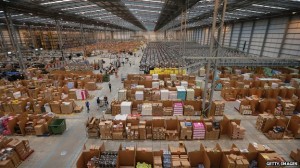Why Social Entrepreneur?
If the United Nations was fully funded, would we need social entrepreneurs? Yes, we would. Though both the United Nations and social entrepreneurs devote to reduce poverty and promote prosperity, they provide different solutions to fight poverty. Specifically, United Nations more focus on wealth, while social entrepreneurs emphasize on value and systemic social change. So these entrepreneurs are regarded as a leader of the poor, instead of a donor, which is more likely the role UN plays. According to Scarcity: Why Having Too Little Means So Much (Sendhil Mullainathan), the main reason that the poor always fails to manage money and reverse the situation is the psychology of scarcity and the scarcity mindset. When the poor lacks money for a long time, they may suffer from the scarcity mindset and lose the ability to manage resources wisely. So breaking the cycle that leads to the scarcity mindset, instead of simply donating money, is the right direction of fighting poverty. In this sense, social entrepreneurs, by managing microfinance and a few resources, generate much more fortune and bring social changes. This can be illustrated by the example of Muhammad Yunus, who launched Grameen Bank, through offering microloans the impoverished in Bangladesh, empowering them to become self-sufficient. In sum, Social entrepreneurs should be encouraged, supported and appreciated because they lead more and more poor people and areas get involved in modern society.










